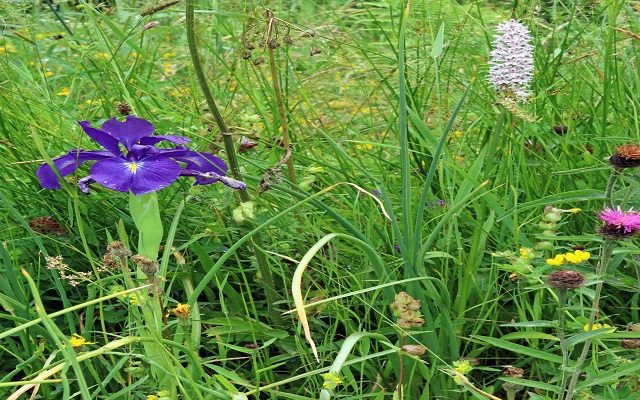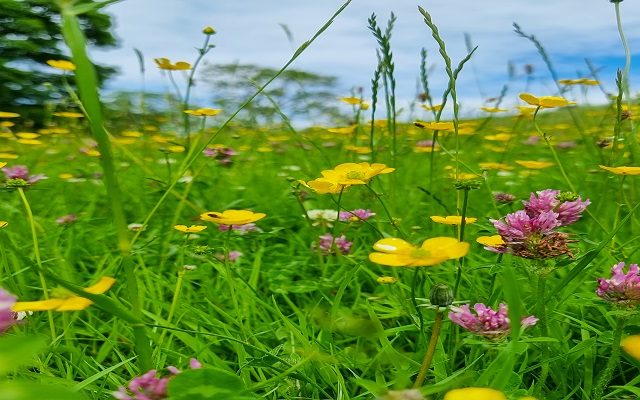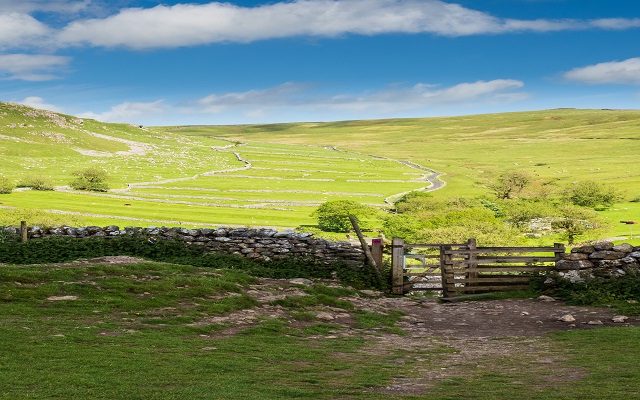A guide to the evolving world of natural capital
Natural capital is becoming an increasingly important term for UK landowners.
At a glance
Natural capital is at the heart of the 25-year Environment Plan and will be one of the cornerstones of the new British Agricultural Policy.
- The government says it wants to incentivise methods of farming and land management that protect and enhance natural capital. The biggest challenge at that many of the services that flow from natural capital (often called ecosystem services) do not yet have a market value.
- The most likely ways landowners can make money from natural capital in the short-term are through agri-environment schemes (which are nationwide) and water management (which is catchment specific and in most cases landowners will have to be proactive). Other markets will develop later.
- The government has made it clear, by including it in its Industrial Strategy, 25-year Environment Plan and the Health and Harmony consultation on the Future for Food, Farming and the Environment, that it wants the principle of protecting and enhancing natural capital to be at the heart of future policy.
Natural capital is being viewed as an essential basis for economic growth and productivity over the long-term.
What is natural capital?
Natural capital is one of five capitals that are talked about: natural, financial, social, manufactured and human.
A simple definition is that it is the overall name for all the pieces of the natural environment which provide goods and services to people.
Most human activity uses or affects natural resources. For example, rural businesses use land, water, plants, trees and minerals. Energy and infrastructure businesses harness wind, solar and sea power in often environmentally-valuable places. We use sand, aggregates, wood and stone in building projects.
Natural capital pieces provide a large number of services to mankind, such as habitats that support pollinators on farmland, which land managers already think about. Others are relatively new to our thinking, such as air purification by trees, or climate regulation by storing carbon, or flood protection by storing water or slowing its path through a landscape to reduce flooding.






